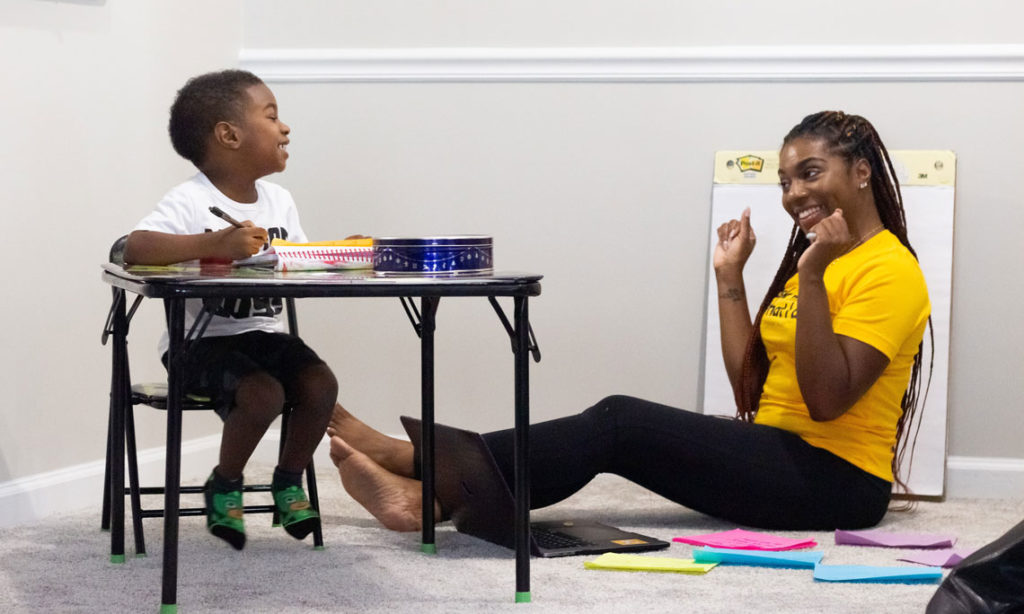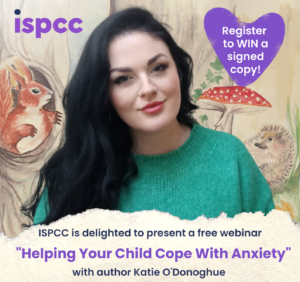
Self-esteem is used to describe a person's overall sense of self-worth or personal value. In other words, how much you appreciate and like yourself.
Self-esteem starts as early as in infancy. It develops slowly over time and usually starts when a child feels safe, loved, and accepted.
As babies become toddlers and young children, they’re able to do some things by themselves. They feel good about themselves when they can use their new skills. As children grow, self-esteem can grow too. Any time children try to do things and learn things can be an opportunity for self-esteem to grow.
This can happen when children:
- learn things at school
- make friends and get along
- learn skills — music, sports, art, cooking, tech skills
- do things they’re good at and enjoy
- feel understood and accepted
Every child is different. Self-esteem may come easier to some children than others. And some children face things that can lower their self-esteem. But even if a child’s self-esteem is low, it can be raised.
Signs of Low Self-Esteem
- Your child avoids a task or challenge without even trying.
- They quit soon after beginning a game or a task, giving up at the first sign of frustration.
- Sometimes they cheat or lie when they believe they are going to lose a game or do poorly.
- They make excuses (“The teacher is dumb”) or downplay the importance of events (“I don’t really like that game anyway”), or can sometimes place blame on others.
- They withdraw socially, losing or having less contact with friends. They experience changing moods, exhibiting sadness, crying, angry outbursts, frustration, or quietness.
- They make self-critical comments, such as “I never do anything right,” “Nobody likes me,” “I’m ugly,” “It’s my fault,” or “Everyone is smarter than I am.”
- They have difficulty accepting either praise or criticism. They can sometimes become overly concerned or sensitive about other people’s opinions of them.
The Voice in Your Head
The things you say to yourself play a big part in how you feel about yourself. Thinking, “I’m such a loser” or “I’ll never make friends,” hurts your self-esteem.
There are other ways to think about the same things. “I didn’t win this time — but maybe next time.” “Maybe I can make some friends.” That voice is more hopeful. It helps you feel OK. And it could turn out to be true.
Sometimes, the voice in our head is based on harsh words others have said. Or on bad times we have faced. Sometimes, the voice is just us being hard on ourselves. But we can change the voice in our own head. We can learn to think better of ourselves.
What Can Caregivers do for their Children?
1. PROVIDE A POSITIVE PSYCHOLOGICAL MIRROR
Children are not born into this world with a picture of themselves. Rather they develop an image of themselves and how valuable and lovable they are over time based upon their interactions with their primary caregiver(s).
How you respond to their needs, their requests and their attempts to grow tells your children what you think of them.
2. OFFER PRAISE
One of the most common and effective ways to build children’s self-esteem is to praise them. Praise is a way of saying, “I like what you did!” When you see a child doing something that you want to encourage, praise it!
You can do it with a word, a phrase, a gesture or a facial expression and should be given immediately when possible. Children crave their parents’ attention. If they do not get attention from positive behaviours, they may seek out attention for negative behaviour instead. So acknowledge and praise the behaviours you want to see repeated. For example instead of saying, “Do not play rough with your friends”, say, “You showed really friendly and kind play just there”.
3. IDENTIFY YOUR CHILDREN’S “ISLANDS OF COMPETENCY”
This looks to areas in which a child has shown capability, skill, talent or interest. With some children it can be easy to find their strengths – they may have artistic or musical talent.
For other children at certain stages, it can feel more difficult to identify their strengths. You can help by doing simple things like pointing out how well they set the table.
4. BE A GOOD ROLE MODEL
This involves showing/acting out behaviour for our children we want them to do. Even if we do not always do it ourselves. This could mean saying, “What a good job I did of making dinner tonight” in front of your child to show them it is okay to be positive about things you have done well.
5. HAVE REASONABLE EXPECTATIONS
Help your children to set reasonable goals for themselves. Expectations that are too high lead to feelings of helplessness and incompetence. Expectations that are too low lead to lack of effort and lack of a sense of accomplishment.
To help with this you can try creating situations in which your children can experience success. Provide lessons or opportunities where they can develop a sense of mastery.
6. TAKE CHILDREN’S FEELINGS AND THOUGHTS SERIOUSLY
Never belittle them. Listening and empathizing is one of the most important things you can do to provide a secure base and to strengthen your relationship and connection with your children. Having a sense of connection to the people we care about is one of the elements of healthy self-esteem.
Self-Acceptance
The key to good self-esteem is self-acceptance. This means not waiting until you’re perfect before you can accept yourself.
When you practise self-acceptance, you accept yourself completely, without criticising or judging yourself. This doesn’t mean you can’t want to improve yourself or work towards a particular goal. It’s important to set achievable goals for things we’d like to achieve or change things we’re not happy with.
Avoid setting conditions. Resist the temptation to tell yourself you’ll be okay if only you get more friends or pass that test. Having good self-esteem means liking yourself whether or not you succeed.


